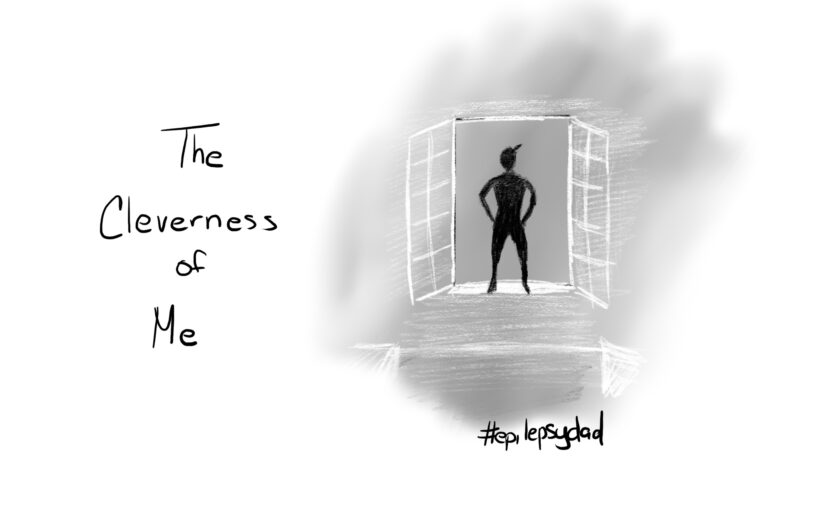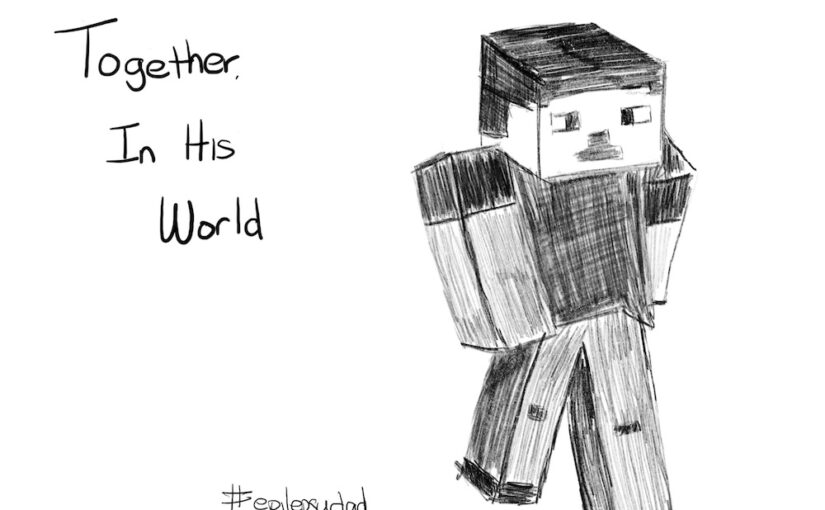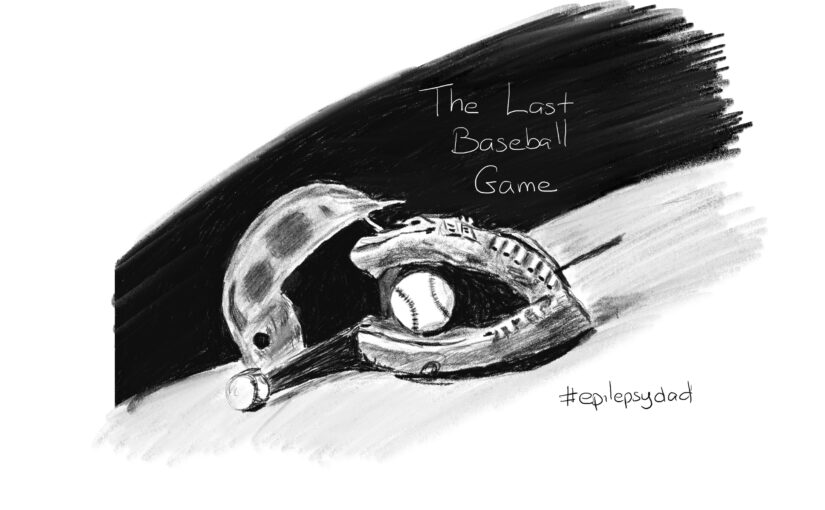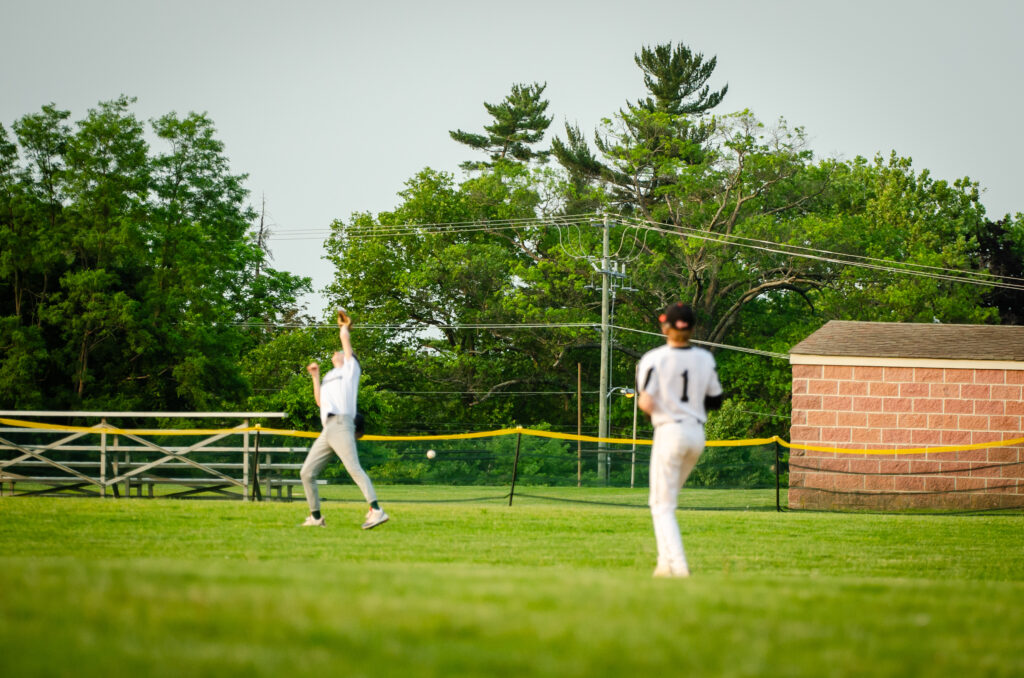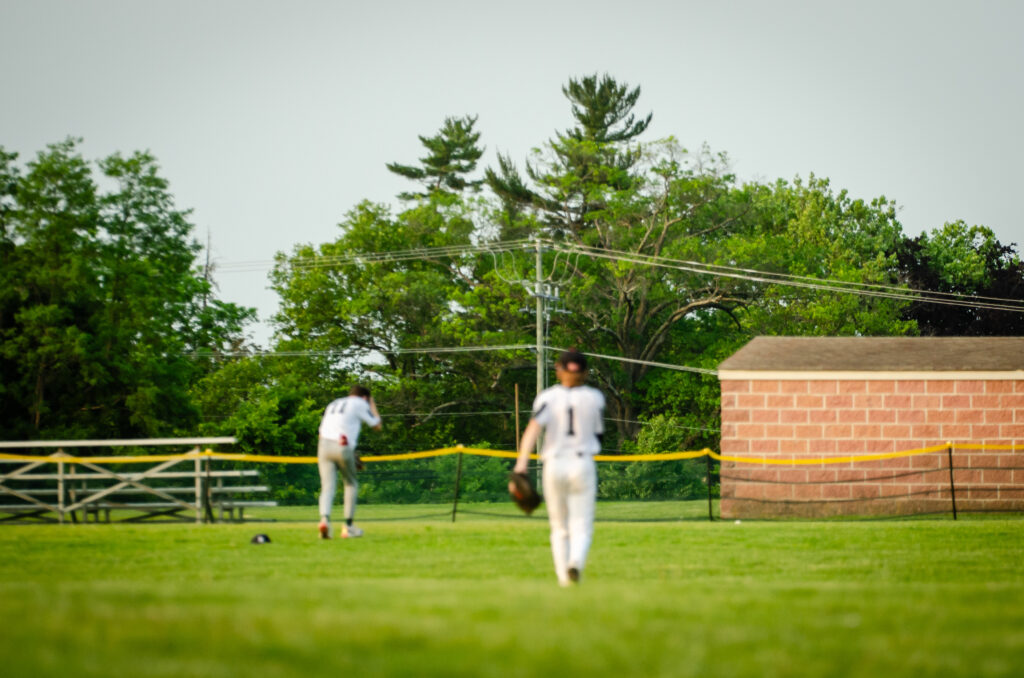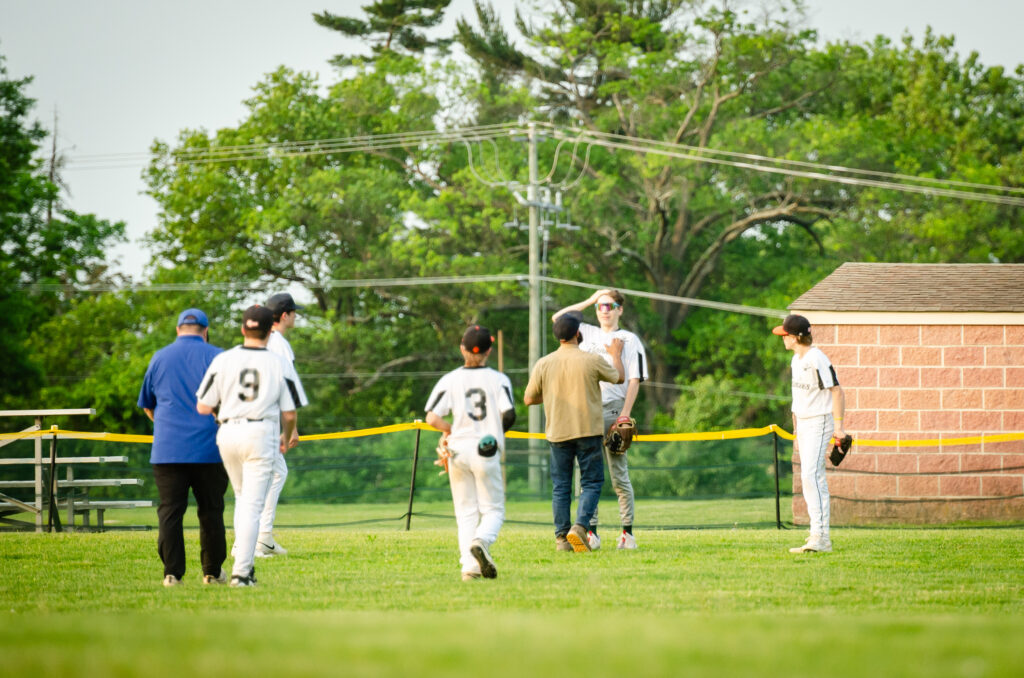“Oh, the cleverness of me.” (Peter Pan, Barrie 1911)
In Peter Pan, after teaching Wendy and her brothers how to fly, Peter proudly declares, “Oh, the cleverness of me.” It’s a line that sparkles with the joy of discovery but also reveals the limits of his childlike perspective. Peter delights in his own ingenuity, yet he lacks the maturity to see the risks or responsibilities that come with it. That mix of brilliance and blindness captures both the wonder and the danger of living only in the moment.
I am constantly amazed by my son’s ability to devise clever creations. He often comes up with inventive workarounds to the challenges he faces, ideas that make me marvel at the way his brain works.
He made a custom case for his phone using cardstock and markers. He created a marble run by tracing pieces of track on paper and taping them together. He taped a “lock” on his door so that he could use the key that Santa gave him. And he finds clever ways to win the games of skill at the arcade.
But like Peter, he doesn’t always have the executive processing or life experience to recognize when those solutions carry risks or could be dangerous. He figured out how to use my wife’s devices to disable the screen time and parental controls on his devices. He installed different browsers on his computer when he was blocked from visiting inappropriate websites. And he finds interesting places to hide the evidence from a candy binge.
Eventually, though, he gets discovered and we have teachable moments as I expand the ways I need to monitor his behavior as he expands his bag of tricks. In these instances, his behavior is generally age-appropriate, although the technology makes it easier for him to have access to inappropriate content.
But it also makes it easier for him to find himself in dangerous situations. The websites he visits are also full of predators and scammers looking for teenagers to manipulate and extort, and the reality is that my son is more susceptible than a typical teenager. His emotional immaturity and challenges with executive functioning often prevent him from fully understanding the dangers associated with using his cleverness to bypass the safety measures that we put in place.
It’s a reminder of how thin the line can be between brilliance and vulnerability, and how much he still needs us to guide him.
However, I struggle with striking a balance between celebrating his cleverness and protecting him from dangerous things, and celebrating creativity when he lacks the maturity to recognize its limits. Most of the time, I lean too heavily on protectionism, and it feels as if I am constantly criticizing him or pointing out the flaws in his creativity. I tell him how his idea won’t work, or how to make it better. I don’t spend enough time encouraging him to experiment with his ideas and continue trying to figure things out.
He will need that cleverness to adapt to a world that wasn’t built for him. He will need that ingenuity to navigate challenges that most people will never have to face. My job isn’t to stifle it in the name of safety but to help him learn how to use it wisely, to guide him as he figures out when to leap and when to look first. It’s not easy to let go of protectionism, but I know that if I can nurture his creativity instead of only policing it, that cleverness—the same spark that sometimes gets him in trouble—might one day be the thing that helps him fly.
